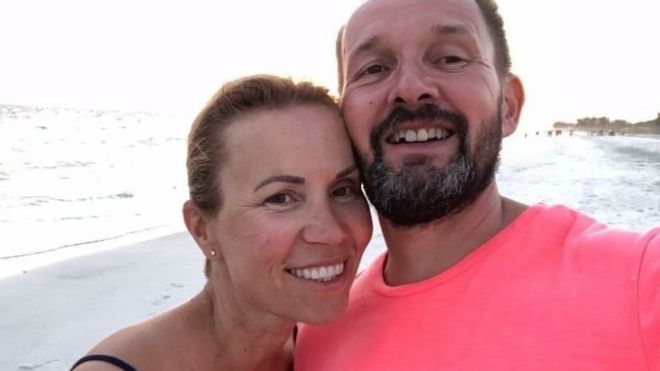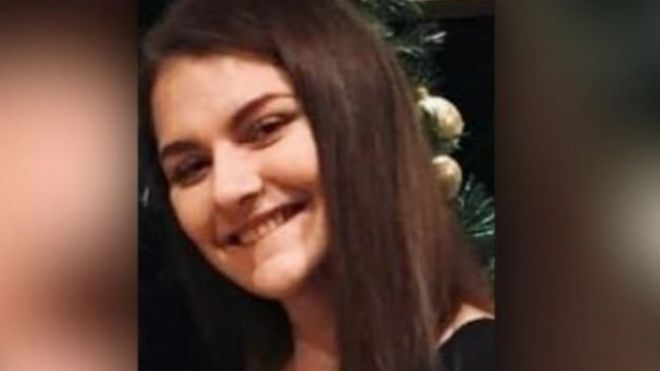Staff reporter(wp/bbc):::
Thousands of police officers and civilian staff have never undergone stricter criminal record and background checks, despite the fact that they were introduced in 2006, the BBC has found.
Data from 16 forces in England and Wales showed 5,966 officers and staff had not had the retrospective checks, which include credit and DNA records.
The police watchdog said the level of vetting was "concerning".
The National Police Chiefs' Council said it will work "hard" to cut levels.
Under the new guidelines, all new police officers and staff undergo rigorous vetting checks, while serving members should also be retrospectively checked every 10 years.
Checks include credit, DNA and fingerprint analysis using the police database, as well as investigations into an applicant's partner, family and friends.
Previously, Her Majesty's Inspectorate of Constabulary and Fire and Rescue Services (HMICFRS) said it was seeing too many cases of corruption and of officers abusing their positions of authority - sometimes for sexual gain.
Routine reviews
However, BBC 5 Live Investigates found that there were thousands of officers and staff who had not undergone the stricter checks.
Freedom of Information replies from 36 of 43 police forces in England and Wales revealed that 16 of them had not performed retrospective background checks on those people.
West Midlands Police had the largest number of officers and staff who had not been checked or vetted within the last 10 years, with 3,283.
Hertfordshire Constabulary had 831 and Cambridgeshire Constabulary had 637.
West Midlands Police said it had "backlogs in our routine reviews of vetting" but it was confident only "a minority" were not covered by other government or security checks.
BBC 5 Live Investigates spoke to Yvonne, not her real name, who was a long-term victim of domestic violence.
After her husband attacked both her and her daughter during an incident in 2013, she called 999. When Dorset Police came to her home, one of the attending officers began to groom Yvonne.
"He said a beautiful woman like you shouldn't be treated like this. He started texting me, complimenting me, he was very persuasive," she told the BBC
Yvonne and the Dorset PC had a sexual relationship over the next six months, but she says she felt taken advantage of and used.
She ended the affair, but says the officer would continue to come to her home unannounced, wearing his police uniform.
"I felt threatened. He said if anyone found out, the court case (for her husband's domestic violence) would have to start all over again."
After an investigation, the officer - who has not been named to protect the victim - admitted gross misconduct at a disciplinary hearing.
'There is a gap'
Supt Pete Windle, of Dorset Police's Professional Standards Department, said: "Over the past five years, eight officers and staff have either been dismissed or resigned while under investigation for such allegations.
"Every member of Dorset Police has been vetted to the relevant national standards. We currently have a small number of officers and staff who are due for their 10-year vetting renewal and the force is in the process of ensuring these are completed."
Data from a Freedom of Information request to the Independent Office of Police Conduct (IOPC), also showed that the number of police officers reported for abusing their power "for sexual gain" has more than doubled over a four-year period - from 84 in 2014-15 to 170 in 2017-18.
The National Police Chiefs' Council said more cases like this were being reported because of the work they had done in highlighting the issue.
In a statement, it said: "There is a gap and we will work really hard to sort that out.
"We are confident the number of officers and staff who have not been retrospectively vetted before 2006 will fall in the coming months."
HMICFRS said the low levels of vetting uncovered by the BBC could affect public confidence in the police.
"We're currently inspecting forces to check that they've cleared their vetting backlogs," it said.

